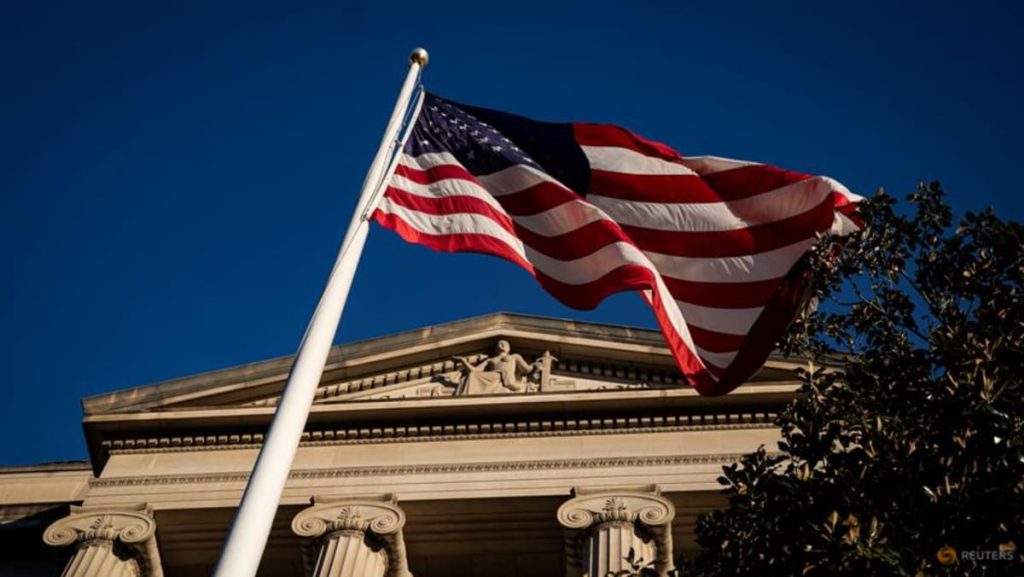The United States government has initiated legal action and imposed sanctions against a Chinese national and his associated company for their alleged involvement in a significant cyberattack targeting network firewalls globally. A US$10 million reward has been offered for information leading to the arrest of Guan Tianfeng, the alleged mastermind behind the operation. Guan, believed to be residing in China’s Sichuan province, has been indicted on charges of conspiracy to commit computer fraud and conspiracy to commit wire fraud. The US Treasury Department has simultaneously imposed sanctions on Sichuan Silence Information Technology, the company where Guan was employed and allegedly orchestrated the attacks. This multi-pronged approach underscores the seriousness of the cyber intrusion and the US government’s commitment to holding perpetrators accountable for their actions.
The cyberattack, which occurred in April 2020, exploited a vulnerability in tens of thousands of network security devices manufactured by Sophos, a UK-based cybersecurity company. The attackers, including Guan and his co-conspirators at Sichuan Silence, injected malware into these firewalls to steal sensitive information from victims worldwide. This malware was designed to exfiltrate data such as usernames and passwords, and additionally attempted to infect the compromised computers with ransomware, a type of malicious software that encrypts data and demands payment for its release. The widespread nature of the attack, affecting over 81,000 firewall devices globally, highlights the potential for significant damage had Sophos not acted swiftly to identify and mitigate the vulnerability.
The impact of this cyber intrusion was particularly pronounced in the United States, where more than 23,000 firewalls were compromised. Among these affected devices, 36 were protecting systems belonging to critical infrastructure companies, raising concerns about the potential for disruption to essential services. The targeting of critical infrastructure underscores the gravity of the security breach and the potential consequences for national security and economic stability. The US government’s swift action in pursuing legal and financial measures against the alleged perpetrators demonstrates its resolve to combat cyber threats and protect critical assets.
The indictment alleges that Sichuan Silence profited from the stolen data by selling it to Chinese businesses and government entities, including the Ministry of Public Security. This revelation raises concerns about potential state-sponsored cyber espionage and the use of stolen data for competitive advantage or intelligence gathering. The involvement of a Chinese government ministry further complicates the matter and highlights the challenges in addressing cyberattacks originating from countries with complex geopolitical relationships with the United States. The US government’s offer of a substantial reward for information leading to Guan’s arrest underscores its determination to pursue justice and deter future cyberattacks.
Attempts by the media to contact Sichuan Silence for comment on the allegations and sanctions were met with resistance. A representative of the company refused to provide a statement or confirm the sanctions, stating that the company did not “accept interviews.” Additionally, the representative claimed that Guan Tianfeng was “uncontactable,” further hindering efforts to obtain his perspective on the charges against him. This lack of cooperation from the company and the unavailability of Guan raise questions about their willingness to engage in a transparent and accountable manner.
The US government’s actions against Guan Tianfeng and Sichuan Silence represent a significant step in addressing the growing threat of cybercrime. The indictment, sanctions, and substantial reward offer send a clear message that the US is committed to holding perpetrators accountable, regardless of their location. This case also highlights the importance of international cooperation in combating cybercrime, as well as the need for companies to prioritize cybersecurity and promptly address vulnerabilities in their systems. The attack serves as a stark reminder of the evolving landscape of cyber threats and the potential for significant disruption to businesses and critical infrastructure worldwide.










